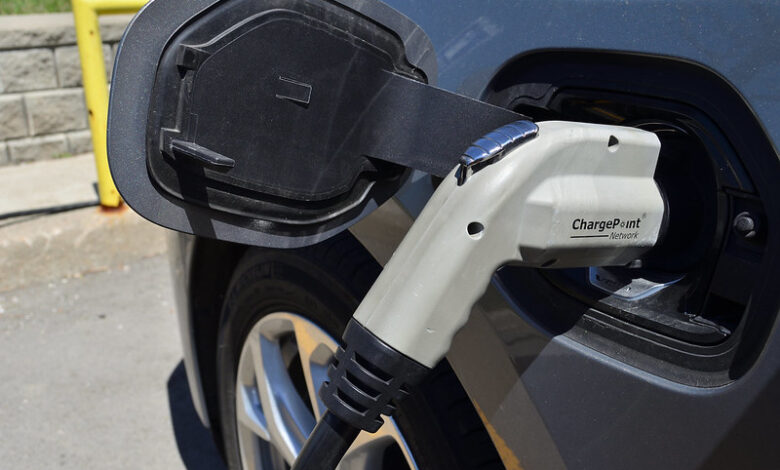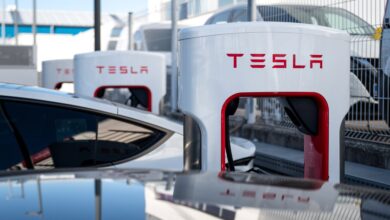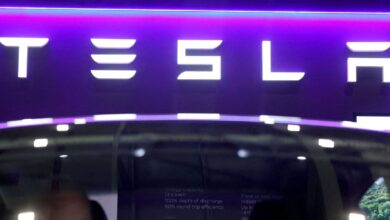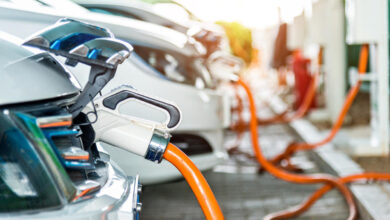N.J. backs fee for electric vehicle owners, poll shows

Nearly two-thirds of New Jersey voters (65%) support a $290 annual fee for electric vehicle owners to help pay for the costs of maintaining roads and transportation infrastructure, a Fairleigh Dickinson University poll sponsored by the Fuel Merchants Association of New Jersey shows.
The proposal, currently under consideration as part of Gov. Phil Murphy’s proposed budget, has the backing of Republicans (72%), Democrats (63%), and independents (58%).
“The question of extra fees on EVs is interesting because it requires a trade-off between environmental initiatives and road maintenance, both things that New Jersey residents generally support,” said Dan Cassino, the FDU poll director. “But when push comes to shove, voters care more about keeping the roads maintained.”
A majority of New Jerseyans (59%) say the gas tax should fund only roads and bridges, while 35% think New Jersey Transit should receive a share of the gas tax revenues.
“Funding for NJ Transit has been a recurring issue in New Jersey,” said Cassino. “Ticket fees are never going to be enough to support the system, but people who don’t use NJ Transit just don’t see a reason why they should have to pay for it.”
Using the gas tax to pay for public transportation does best among Democrats – 51% support it – but 60% of independents and 78% of Republicans want the money to stay with roads and bridges.
“These poll results reaffirm the decision of Governor Murphy and the state Legislature to ensure that everyone who uses New Jersey’s roads, highways, and bridges is paying into it,” said Eric DeGesero, the executive vice president of the Fuel Merchants Association. “EVs don’t pay into the gas tax and are currently exempt from paying the sales tax, yet they put heavy wear and tear on our roads and bridges due to the excessive weight of their car batteries.”
Murphy proposes to start with an annual electric vehicle fee of $250, going up $10 annually until it reaches $290.
The poll was conducted between April 1-8 with a sample size of 809 registered voters with a margin of error of +/- 3.5%.



